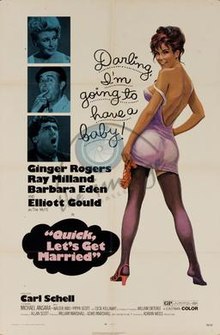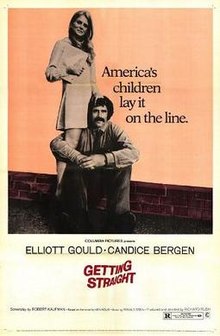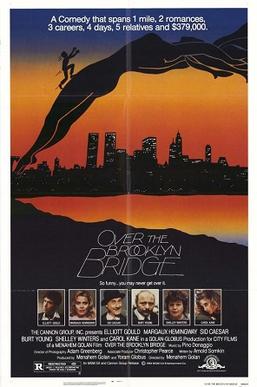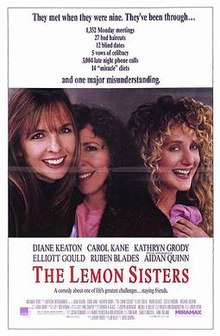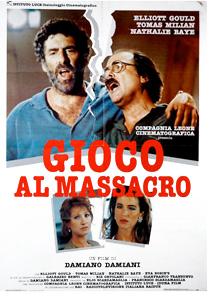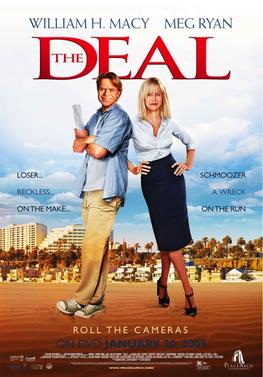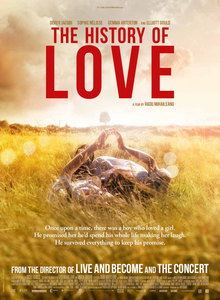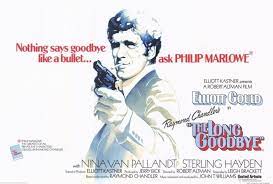
What does it take to be a Harvard man? Ruth Bader Ginsburg (Felicity Jones) is a struggling attorney and new mother top of her class at Harvard Law who faces adversity and numerous obstacles in her fight for equal rights when her supportive husband and fellow student Martin (Armie Hammer) gets testicular cancer and beats the odds with her assistance. When Ruth graduates from Columbia after being refused to transfer her credits from Harvard she can’t get a job with a law firm so becomes a law professor instead. She takes on a groundbreaking tax case on the basis of gender with her husband, now a practising tax attorney, through the ACLU and its head Mel Wulf (Justin Theroux). She knows it could change the direction of her career and the way the courts view gender discrimination. Advised by her tough personal idol Dorothy Kenyon (Kathy Bates) to take it easy and eventually to lead the case with her husband who is much more personable and less strident in the courtroom she bites the bullet and shares the limelight …She’s a bully and she needs everyone to know how smart she is. This account of the legendary US Supreme Court Justice RBG has a mountain to climb with a very unsemitic toothy Brit incarnating a public figure of epic renown. Skillful writing by Daniel Stiepleman (RBG’s nephew) and a good pace by director Mimi Leder (making a return to features after a decade in TV) nimbly step over these hurdles with a light touch, as though guided by Martin Ginsburg. A woman and a mother and a Jew to boot! Using the tricky family story and not letting it become sentimental by refusing to focus on grim 1950s cancer treatment, countering Ruth’s personal evolution through the early days of feminist enlightenment with how she mismanages teen daughter Sixties rebel Jane (Cailee Spaeny), means this is a restive piece of historical biography, not content to sit on cliches, prickly where it might be endearing, amusing where it might be cloying. The law is wrong. Her early difficulties at Harvard in the sexist person of Dean Griswold (Sam Waterston) contrast sharply with the utter egalitarianism of her home life with Martin. How RBG is forced to confront her own limitations while simultaneously embarking on a case involving a man to prove sex discrimination that will result in the repealing of virtually all laws humanises a heroic story. It’s not perfect and the final scene-sequence is not as well managed as you’d wish in consideration of the outcome. Nonetheless it’s very likeable and well performed, especially by Hammer. These days if you want to see RBG just turn your TV channel to The Good Fight where Elaine May as the ghost of RBG is contentedly guiding Diane through a maze of contemporary legal problems. The country isn’t ready. Change minds first then change the law



